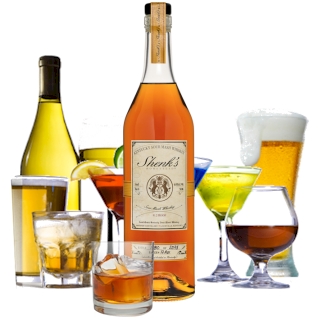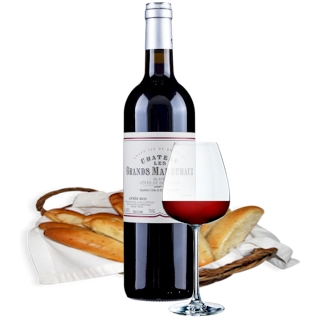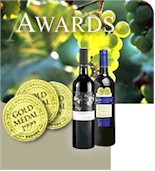


Since 1877 when Samuel McWilliam planted his first vines at Corowa in New South Wales, successive generations of the McWilliam family have been pioneering the art of fine winemaking in Australia. Always innovative, McWilliam's has ensured its position at the forefront of Australian winemaking by introducing new production techniques and some of the world's most advanced technology in the company's wineries and vineyards.

McWilliam’s Mount Pleasant Estate – nestled in the slopes of the Brokenback Range in NSW’s lower Hunter Valley – was established in 1921 by legendary winemaker, the late Maurice O’Shea. Today, the Hunter Valley is widely regarded as the home of semillon, and McWilliam’s as the producer of Australia’s best wines from the variety. O’Shea’s ground breaking work has been kept alive by revered winemakers Brian Walsh (1956-1978) and Phillip Ryan (1978-current). The fact that there have been just three Chief Winemakers at Mount Pleasant since 1921 has ensured consistency of wine style and quality.
McWilliam’s Barwang Vineyard is located in the emerging, cool-climate Hilltops region, located on the southwest slopes of the Great Dividing Range, near Young in New South Wales. This high-altitude (560m) vineyard enjoys a dry summer and autumn, with cool nights and mild days resulting in a long ripening period. Heavy snowfall and frost in winter are quite common; and whilst substantial rainfall occurs in the growing season, most falls in spring. The region’s soil is deep red, decomposed granite clays impregnated with basalt. Showered with trophies and medals and praise from the media, McWilliam’s Barwang range has already carved an impressive reputation.
It is today widely regarded as one of the region’s best plantings of Shiraz. With Shiraz the only wine grape planted in Coonawarra from 1900 to 1950, the variety has played an important role in establishing Coonawarra’s international reputation as Australia’s pre-eminent red wine region. McWilliam’s Wines is today one of the largest landholders in Coonawarra, with almost 300 hectares of mainly cabernet sauvignon and shiraz vines. In recent years, the company has extended the Estate to include the 165 hectare Station Block and 100 hectare Kirkgate vineyards

The Yarra Valley – located just 50kms from Melbourne – is one of Australia’s premier cool-climate wine growing regions. It experiences consistently cool to mild weather, which allows for the slow, even ripening of fruit and produces long-lived wines of the highest quality. Lillydale's two vineyards, Morning Light and Sunnyside, were among the first to re-establish in the Yarra Valley in 1976. McWilliam’s award-winning Lillydale Estate range – which is overseen by McWilliam’s Chief Winemaker, Jim Brayne - exhibits classic cool-climate characters.
"Plant a six-inch nail in this soil, water it and in a year you will have a crowbar." So said John James McWilliam when he arrived in Hanwood in 1913. The development of the Riverina region as a major wine producing area was primarily due to the foresight of the McWilliam family. The Riverina, and Hanwood in particular, was an area John James McWilliam – the son of McWilliam’s founder, Samuel McWilliam – had identified earlier as having the potential to service the growing domestic and export wine markets. McWilliam’s Hanwood winery is distinguished by its barrel-shaped cellar door tasting room, and the large array of old bottles and winery memorabilia displayed in a 17 metre-long museum in the shape of a bottle.
Matthew McWilliam, son of Regional Director Max McWilliam, makes the famous McWilliam's Cream Sherry at the Robinvale Winery in the heart of the Sunraysia District of Victoria. Matthew and his staff welcome you to their charming Cellar Door to taste the full range of McWilliam's portfolio.
The underlying strength and success of McWilliam's Wines for more than six generations has been its belief that wine is made in the country - cultivated and crafted by people with skill and tradition who live and love the vine - not through acquisitions and mergers in corporate boardrooms. Wines are made by people. Great wines are made by the McWilliam family
